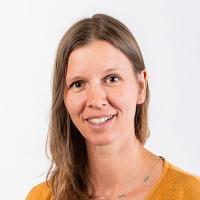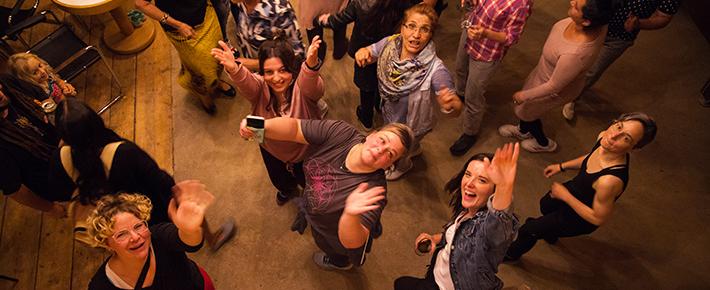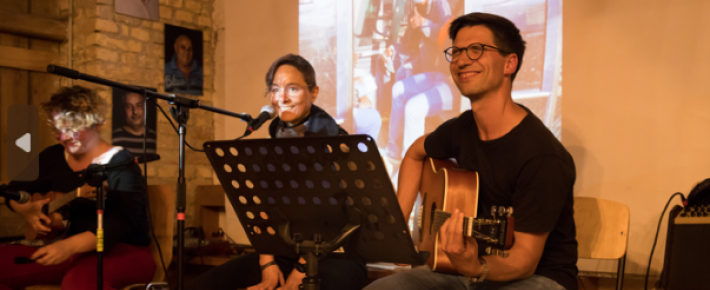Action Research Summer Camp
Participatory and community-based forms of social problem analysis are core elements of empowerment and change “from below” around the globe. Related processes and methodologies have proven effective in fighting social inequalities and finding useful and sustainable solutions leading towards progressive social transformation.
The summer school with a one-week in-person meeting in mid-June in the Austrian Alps invites students, activists, academics, unionists, community workers, members of non-government organizations and governmental entities alike to build a community of practice in Participatory Action Research. Together with our social partner in Innsbruck, the Waldhüttl community project, we learn about and reflect on participatory problem analysis and political action.
Download infosheet Application

Since 2024, Suttneruni has been organising this summer school in collaboration with European universities. This international short course presents an excellent opportunity for students and staff from our partners to participate, with the added advantage of receiving ERASMUS+ financial support. Furthermore, we continue to encourage applications from individuals worldwide, especially those from the Global South, marginalized groups, and minorities.

Key Facts
| Duration: | 1 in-person week plus 4 preparatory virtual meetings |
| Certification: | Microcredential with Certificate of Attendance Additionally for students from partner institutions: Transcript of Records |
| ECTS: | 6 credit points (equivalent to 150-180 hours of work) |
| Form: | Short Course / Summer School / ERASMUS+ Blended Intensive Programme |
| Group size: | Up to 30 participants |
| Language: | English |
| Course fee: | For students and staff from ERASMUS+ partner universities: no fee (boarding is available at € 215, simple accommodation on site for € 175) For independent applicants: € 790 all-inclusive (fee, boarding, simple accommodation) For students and staff from Suttneruni: € 450 all-inclusive |
| Date: | Sunday 14 June (3pm) to Sunday 21 June (1pm) 2026 Virtual Components: Online Meetings via Zoom |
| Application | November 1 through December 31, 2025 |
Why should you take part in the Action Research Summer Camp?
- Goal-oriented: Our teaching and learning activities center around your development interests, previous experience and project ideas.
- Student responsibility: We actively involve you in identifying expectations and planning activities.
- Teaching through real social projects: For one week, we turn a grassroots organization into a place for learning.
- Active learning: We build a community of practice and celebrate life.
- Our goal is inclusion: Costs are generally kept low. We encourage participation from the Global South and minorities.

Participatory Action Research fosters social entrepreneurship in order to remedy the social issues that community or groups are suffering from. In our teaching, we use scenarios that reflect the needs for a just development, e.g. related to work conditions, social exclusion, ecological crises, or public health. Our course is embedded in a real social project that teaches us how human beings and other creatures can live together peacefully.
Prof. Corey Dolgon, Stonehill College (MA, USA)

In the Action Research Summer Camp, we not only showcase hands-on knowledge about the particular use of participatory problem analysis in different contexts; we also contribute to networking and continued exchange. The Waldhüttl project in Innsbruck, our venue, is a welcoming place for people from all walks of life.
Prof. Eberhard Raithelhuber, Bertha von Suttner Private University (Austria)

Participatory Action Research, especially in its arts-based forms, allows people who experience social exclusion to examine their existence through aesthetic and regenerative practices. The course site, the Waldhüttl in Innsbruck, Austria, teaches us how creative engagement enables marginalized communities to communicate to allies and policy makers how they can work together to create more inclusive spaces for people, other living beings, and our world at large.
Prof. Karin E. Sauer, Baden-Württemberg Cooperative State University Villingen-Schwenningen (Germany)




